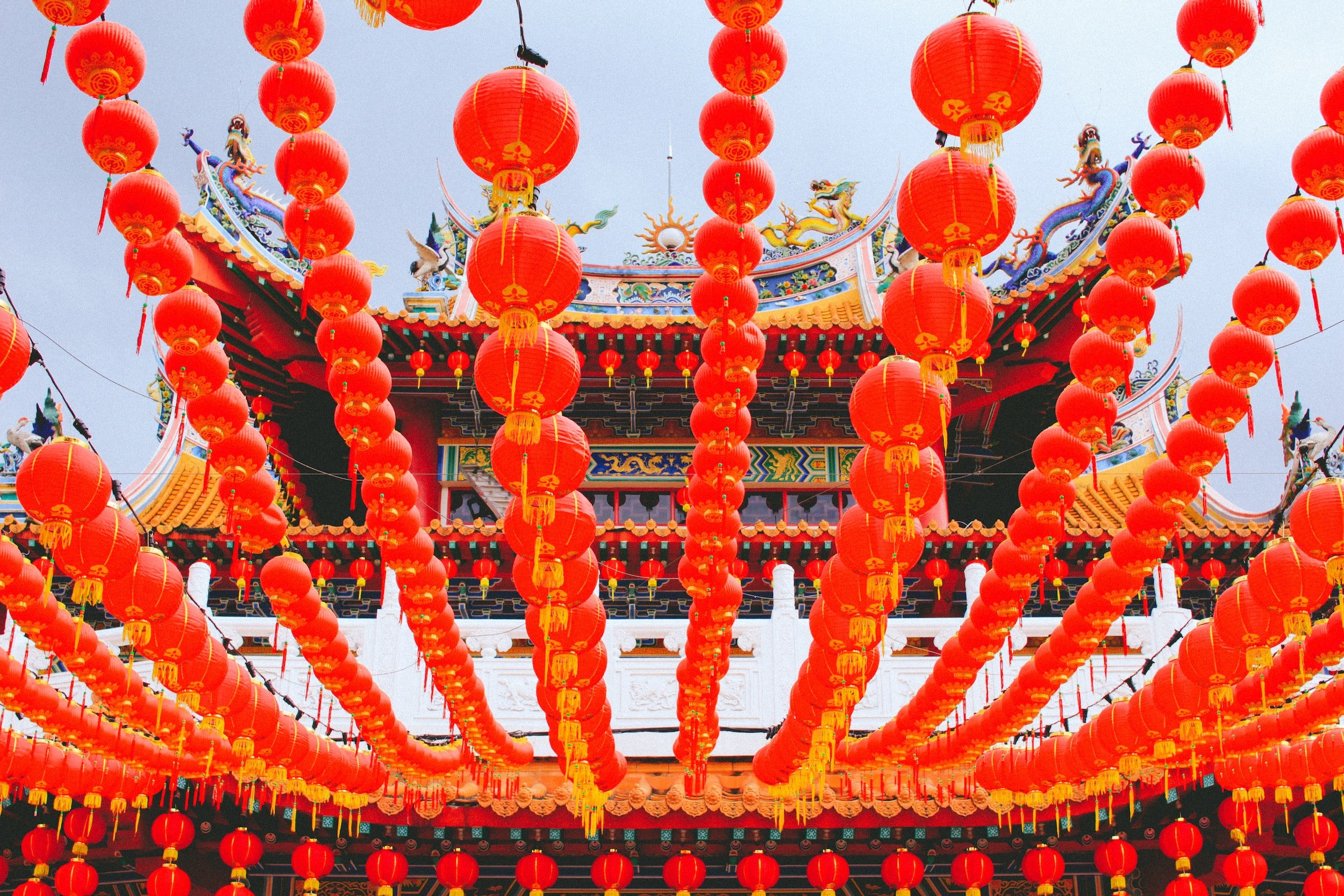
Editor’s note: This is the second half of a conversation with a Shanghai church planter. Today, he shares about how church planting affects his family, about the differences between planting in China and in the U.S., and about his daily struggle to rely on Christ and Scripture instead of taking shortcuts to a more efficient church.
China Partnership: How do you, with wisdom, walk the line of being a church planter, husband, and father?
Hu Yongjie: Whether I plant a church, pastor an existing church, or go back to the marketplace, every decision affects the family. The good part about being a church planter is it reveals the hidden sins and idols in our family. Just one hour ago, we made a big family decision together.
I’m a church planter and vision caster. I have ADHD, and don’t rely on schedules. My wife is the opposite. In the beginning of our church plant, our family had financial needs. My wife decided to find a job so she could support the family. Now, we need to make another decision.
>
”“No decision is personal; everything is a family decision. In our household we pray a lot, and have a lot of theological discussions…We also pray a lot with our daughter. Even now, we involve her in these conversations, because everybody needs to be a good steward.”
My daughter goes to a Christian school, which was raided by the government several months ago. Right now she is studying online, even though COVID is not that severe here. I don’t have much time to take care of my daughter’s studies. The church can now support me financially, so my wife decided to return to the home as a full-time mom. This was a hard decision, because she was just promoted, and her career was growing. For awhile now, we have been asking for prayer for her role in the church. For me, part of being qualified as an elder and overseer, according to Paul, is that I have to take care of the household.
Never miss a story
No decision is personal; everything is a family decision. In our household we pray a lot, and have a lot of theological discussions. In the last four years, since I have been a church planter, my wife and I have had very healthy but hard conversations. Both of us have grown theologically and personally. We also pray a lot with our daughter. Even now, we involve her in these conversations, because everybody needs to be a good steward. My daughter’s call now is to be a good daughter and a good student. She needs to learn and the family needs to help her learn, both about God’s words and about everything in God’s creation. Like me, my daughter has ADHD, and it is hard for her to learn by herself. That is why my wife decided to come back home and take care of her.
Once the decision was made, it was not actually that hard. This is returning to where we were in the States, where my wife took care of our daughter and freelanced on the side. We have faith that God will provide. Sometimes the process of making a decision is more important than actually pulling the trigger and making it.
CP: What is a way you have experienced God’s pleasure or blessing in this process?
Pastor Hu: I enjoy how people change when they hear God’s words. In my experience, both in the U.S. and in Shanghai, our church plants did not start from a community group, but from Sunday service. When I preach and explore God’s words, I see people change. In Ezekiel 37, when Ezekiel proclaimed, the Holy Spirit worked. I see people change and want to serve. Every other month we have baptisms. That is amazing! Since last Christmas, we had had fourteen adults commit themselves to be Christian, and we have also had infant baptisms.
People believe what I am preaching. Wives have told me that their husbands have changed, and are renewed and willing to serve. I preached a small series on the first eight chapters of the book of Acts. I got very emotional then, because we are experiencing that.
CP: What is unique about church planting in China as opposed to the West? What are some things you see as very different?
Pastor Hu: In the U.S., I planted a migrant, Mandarin-speaking church. I felt like I planted a church in the terminal of an airport, because I had no expectation that people would stay. It was more of a one-man show, because the average time people stayed in our congregation was two years. The strategy and the vision were different.
In the States, Christians heard the gospel and were renewed, while non-Christians heard the gospel and were regenerated. Some non-Christians heard the gospel and were not regenerated, but when they were ready to move to their next city, they asked me to refer them to a church.
Now, in Shanghai, when I have an infant baptism, I dream that I will see these kids grow and will officiate their weddings. This is my hometown. People come here not just for a degree, but with more long-term plans. I have finished my seminary degree now, so I also invest more time in individuals here, as I have more time.
In the States, I knew people were leaving, so every time we spoke, I wanted to make the gospel clear. I wanted to be sure that if they believed what I said in our conversation, they would be saved. But in Shanghai, I have the assumption that we still have time. That is the biggest difference. Also in Shanghai, because of the political environment, I preach more often about suffering than I did in the West.
>
”“I am against the mindset that a church needs to be healthy enough to plant. I think planting churches is the biblical way. In Scripture, there is no church that is healthy enough to plant another. Instead, continuing to plant churches makes the church healthy.”
CP: Are you thinking about planting again?
Pastor Hu: I like the idea of preaching to the empty chair. For the last four or five weeks, our church does not have empty chairs. We see this as a reminder from God of the theological vision of continuing to plant churches. This is also a teaching opportunity. The first week of Advent, we will start a new service at our church. This isn’t a church plant, but a good opportunity to raise, train, and call more leaders. We will have two worship teams, two welcome and care teams, and another brother who will lead the service, while I only do the preaching. I think of this as preparation for a new church plant.
Hopefully we will keep on planting churches over the next three to five years. My long-term vision is that in ten years, the city of Shanghai will have a church planting center to help people plant churches. At least we can be a model and continue planting churches.
I am against the mindset that a church needs to be healthy enough to plant. I think planting churches is the biblical way. In Scripture, there is no church that is healthy enough to plant another. Instead, continuing to plant churches makes the church healthy.
CP: That’s definitely food for thought. Is there anything else you’d like to leave us with?
Pastor Hu: I worked in the marketplace for twelve years. I’m a marketing guy, a doer, I can fix problems. A temptation for me is that I can always find a shortcut out of the Bible. For example, we have troubled persons in the church. The shortcut is to refuse the jerks. But the biblical way is to love them, and invest time, energy, and resources in them. We have church consumers. The shortcut is to make them satisfied and happy, but the biblical way is to speak the truth in love. Then, hopefully the Holy Spirit will work and convert them from church consumers to Christ followers. To be more like Christ is very inefficient; he spent a lot of time on very few people. Because I know the shortcuts, not taking them is very hard.
Hu Yongjie is a pseudonym for a church planter in Shanghai. In his spare time, he enjoys trail running.
FOR PRAYER AND REFLECTION
Pray for church planting families to work together to make decisions that honor and glorify Christ. Pray for difficult decisions to be worked through together by the family as a whole.



































